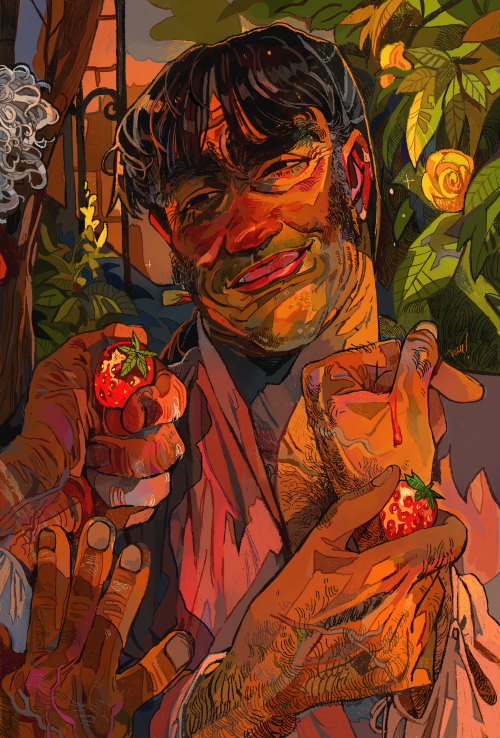The Path Of Return: (10) Embracing Cycles And Renewal In Taoist Philosophy
The Path of Return: (10) Embracing Cycles and Renewal in Taoist Philosophy
In the Taoist view, Returning or Fu embodies a fundamental law of nature: the movement back to the origin. This concept celebrates the cyclical rhythms that guide all of existence, from the changing seasons to life’s own transformations. The character for Fu (复) suggests not only a return to a prior state but a renewal—a re-entering into the essence of things. Taoism views each return as part of a universal cycle, where moving outward is inseparably linked with returning inward, emphasizing that true change is found in a continuous reconnection with one’s core.
Fu embodies a movement that is not linear but cyclical. This perspective challenges the modern view that progress requires perpetual forward motion. In Taoist philosophy, progress is often found in revisiting, revising, and re-engaging with what is essential. Like the ebb and flow of the tides, returning is a restorative force that brings balance, wisdom, and realignment, encouraging one to observe where they have been to understand where they are going.
In life’s many phases, Returning calls for reflection on one’s journey. It implies that growth does not always entail new pursuits but often a reconnection with our innate qualities—those that society or ambition may cause us to overlook. Taoism views this reconnection not as a step backward but as an invitation to nourish the self at its most elemental level, embracing a simplicity that is enriched by experience.
This concept extends into the natural world. Just as rivers return to the ocean and seasons cycle back to spring, everything in nature follows a returning path. Taoism sees humans as part of this natural order, not separate from it. By observing these cycles in nature, one gains insight into the rhythm of existence, learning to trust that every end brings forth a beginning, and every departure eventually leads to a homecoming.
The practice of Returning, then, cultivates humility. It dissolves the notion of unyielding independence, which the ego often clings to, and encourages us to see ourselves as fluid participants in a larger cycle. Taoist thought encourages one to let go of rigid attachments and to return willingly to states of stillness, quiet, and contemplation. Through Fu, one finds freedom in yielding, in allowing oneself to flow back to one’s authentic state without resistance.
A key aspect of Returning is in its relation to harmony. In Taoism, living in accordance with natural cycles is viewed as essential for cultivating a harmonious life. When we resist returning—whether to a state of rest after activity or to simplicity after complexity—we disrupt our natural rhythm. Fu teaches us that wisdom is often found in retreat, in moments of withdrawal where clarity can emerge. It is in these spaces that transformation takes root, for each return strengthens the spirit’s ability to adapt.
Returning, therefore, is not about rejecting the new but about honouring the eternal. In a world driven by ceaseless novelty, Fu serves as a reminder that deepening roots is as important as spreading branches. It asks us to value reflection as highly as we value action, to remember that within each ending lies the seed of renewal.
In embracing Returning, consider where you might allow yourself to revisit aspects of your life that bring you strength and stability. What elements of your journey could benefit from a return to simplicity? Where might stepping back bring you closer to your true self? Taoist wisdom suggests that the answers are not found solely in forward motion but often in looking back to find the essence waiting within.
More Posts from Dengroovyjente and Others

Rest in a natural way like a small child.
Rest like an ocean without waves.
Rest within clarity like a candle flame.
Rest without self-concerns like a human corpse.
Rest unmoving like a mountain.
~ The Mahasiddha Milarepa

JAVERT T’ES AMOREUX

Cindy Kimberly as Santanico Pandemonium





Anime isn't lame, right?

-
 dengroovyjente reblogged this · 4 months ago
dengroovyjente reblogged this · 4 months ago -
 dengroovyjente liked this · 4 months ago
dengroovyjente liked this · 4 months ago -
 digitalartformeditation reblogged this · 4 months ago
digitalartformeditation reblogged this · 4 months ago

